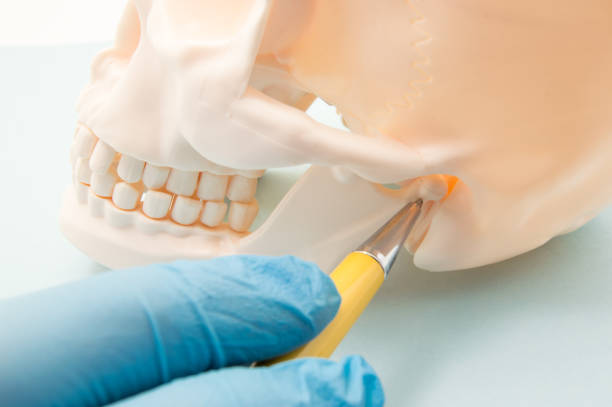
Best Maxillofacial Cancer Surgeon in Borivali
The primary objectives of maxillofacial surgery are the detection and treatment of cancers that impact the face, jaw, mouth, and neck area. This type of surgery is necessary to treat tumors that arise in tissues such as the tongue, jawbones, salivary glands, and soft tissues of the oral cavity. The goal is to remove cancerous tissues without sacrificing functionality or attractiveness. Therefore get in touch with us now because we have the Best Maxillofacial Cancer Surgeon in Borivali.
Maxillofacial Cancer Surgery Types
1. Tumor Resection This treatment involves the removal of malignant tumors from the oral and maxillofacial region. The jaw, cheeks, or tongue may be the focus of tumor excision, depending on the tumor's location.
2. Mandibular resection This procedure is performed to remove all or a portion of the jawbone if cancer has spread to the mandible. While a partial mandibulectomy only eliminates the affected area, a whole mandibulectomy involves removing the entire jawbone.
3. Resection of the maxilla A maxillectomy is done when cancer affects the maxilla, or upper jaw. Depending on the extent of the cancer, this may include removing the upper jaw entirely or in part. Dr. Ameya Pai is known as one of the Best Maxillofacial Cancer Surgeon in Borivali.
4. Dissection of the Neck A neck dissection is done to remove the impacted lymph nodes and surrounding tissues if the malignancy has spread to the neck's lymph nodes. This is frequently carried out in combination with additional surgical techniques.
5. Surgery for Reconstruction Reconstructive surgery is frequently required to restore function and appearance following the removal of malignant tissues. Reconstruction may involve methods like dental implants, free flaps, or skin grafts.
Conclusion
Book your appointment now with Dr. Ameya Pai who is known as one of the Best Maxillofacial Cancer Surgeon in Borivali. A multidisciplinary team comprising surgeons, reconstructive specialists, and oncologists performs maxillofacial cancer surgery. Patients' quality of life and survival rates are greatly increased by early diagnosis and timely surgical surgery. Even though the operations can be complicated, improvements in reconstruction and surgical techniques guarantee better results, allowing patients to regain their confidence and functionality.

